By the year 2100, the earth will be inhabited by over 11 billion people
To accommodate everyone, we will need more than 2 billion new housings. This means that we have to build smarter, more efficiently and much more sustainable.
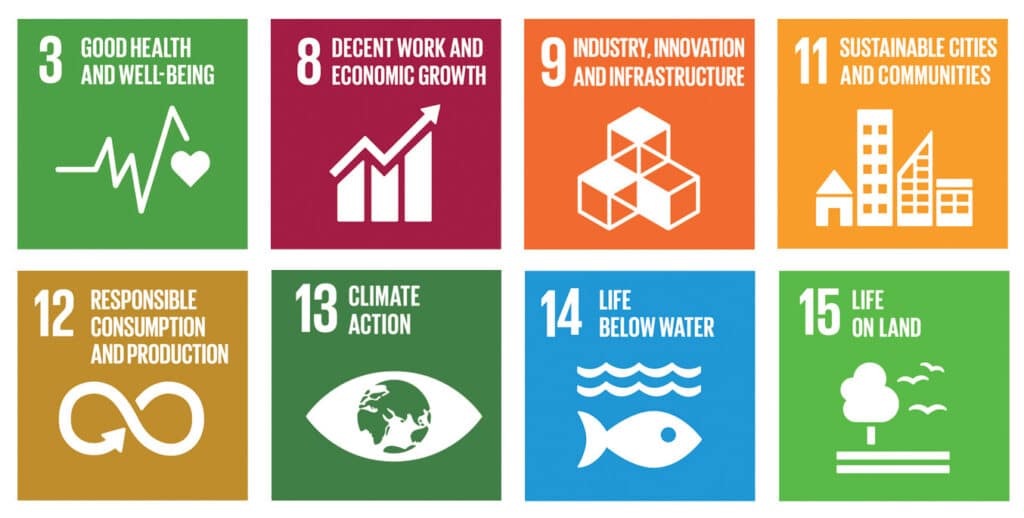
A healthy indoor life – For all the people in the world
Using the UN Sustainable Development Goals, the SDGs, as our strategic framework, we have chosen a set of goals where we can commit as a company. All the way through the production process, from the selection of raw material throughout our production line, delivery, and quality of end-product, we are already contributing greatly to a shift towards a sustainable future.
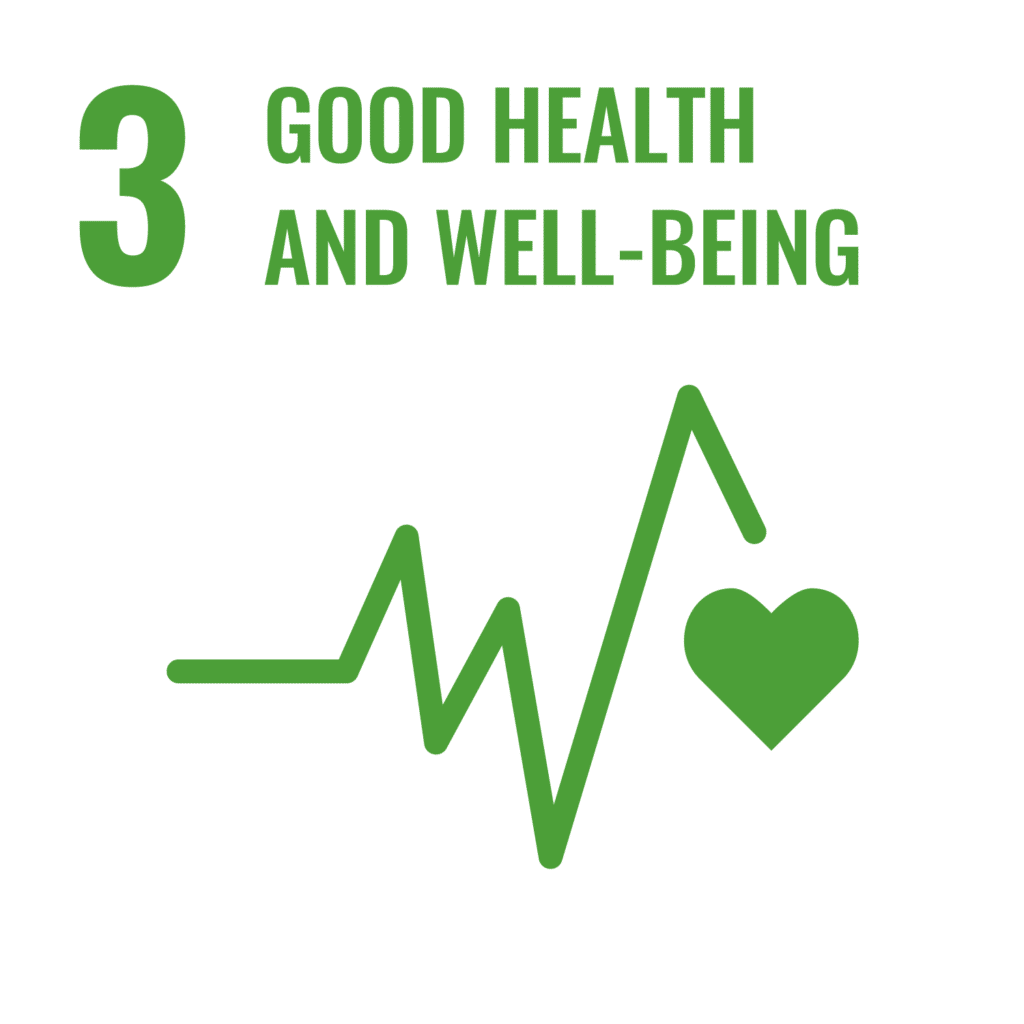
Goal 3: We will ensure healthy lives and promote well-being for all at all ages
Fibo has been assessed in relation to health and the environment in several areas and the products have been registered in several of the Scandinavian environmental databases
- Our clear and closed surfaces provide a cleaner and drier indoors. Our panels are easy to keep clean – resulting in fewer chemicals and a much healthier indoor climate.
- Panels with anti-bacterial properties simplifies the removal of microorganisms and keeps bacterial growth to a minimum.
- Products that remain in the building have all emission tests and meet strict requirements for degassing to ensure a safe indoor environment.
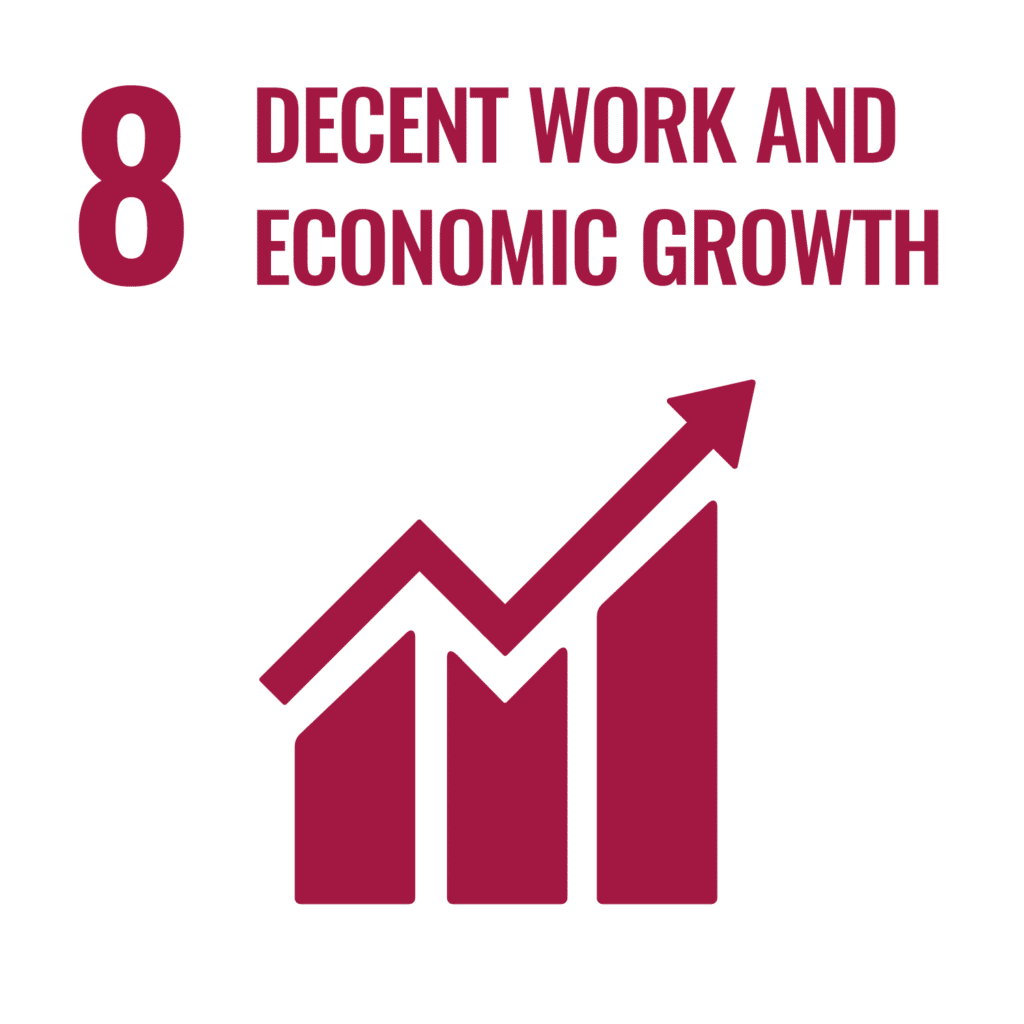
Goal 8: We will promote sustained, inclusive and sustainable economic growth, full and productive employment and decent work for all
Fibo is working closely with government and labor unions to secure that all employees are getting equal pay for equal work. We also have programs for the inclusion of people with disabilities.
- The vast majority in Fibo are unionized in either Fellesforbundet or in FLT (Forbundet for Ledelse og Teknikk).
- Fibo collaborates with NAV in relation to work training for the disabled, and has had several visits to work training in recent years. There are also plans to take in more now in the near future.
- Fibo has a equal pay for equal work policy, and women and men should be equal in terms of both opportunities and conditions.
- Increased overall employee NPS from 11% to 52% (2018 vs. 2021)
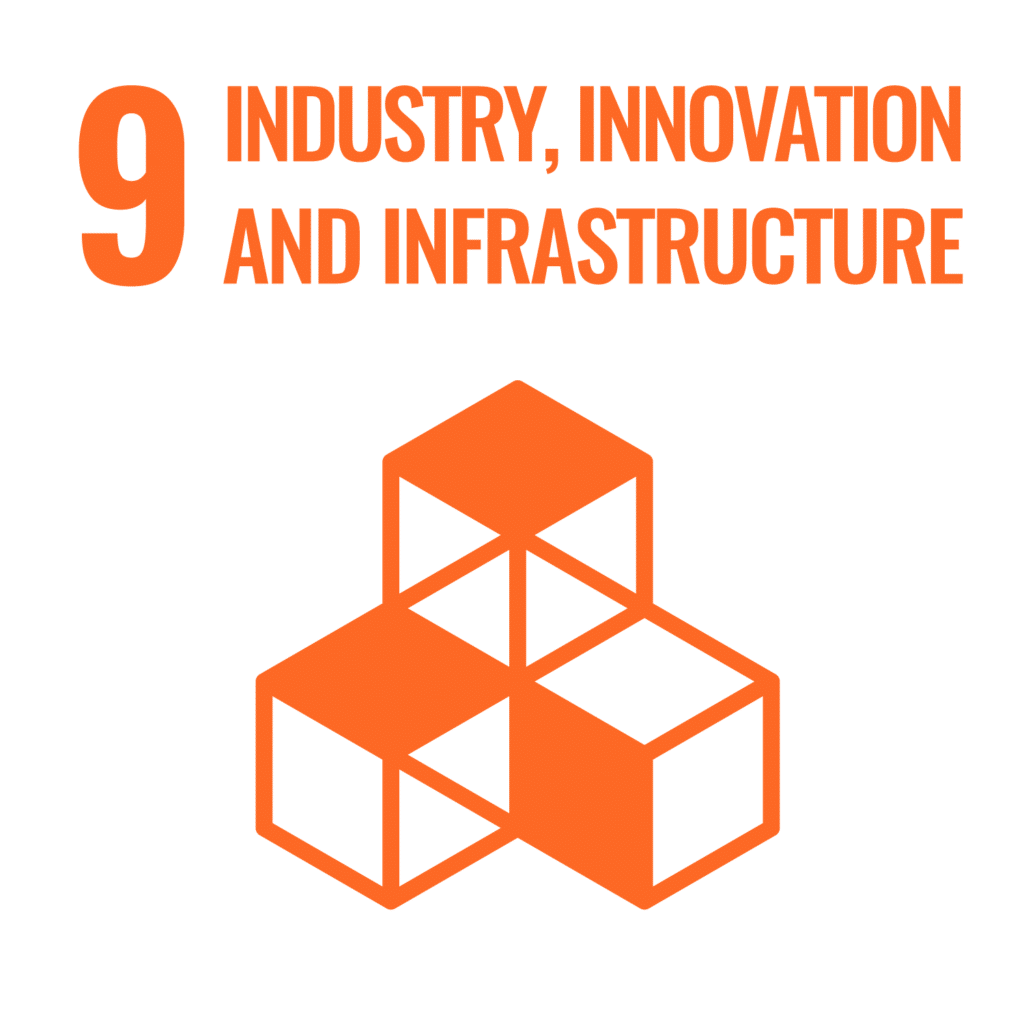
Goal 9: We will build resilient infrastructure, promote inclusive and sustainable industrialization and foster innovation
Our state of the art factory and production line in Lyngdal generates heat to the local community and we are ready for an even more energy efficient production in the future.
- We have invested NOK 140 million in new machinery and equipment in order to improve efficiency and reduce our overall energy consumption.
- Our continued focus on sustainable production makes us able to increase production in the future, without increasing energy consumption correspondingly.
- Any cut-offs from production are used to generate heating both for factory and for others.
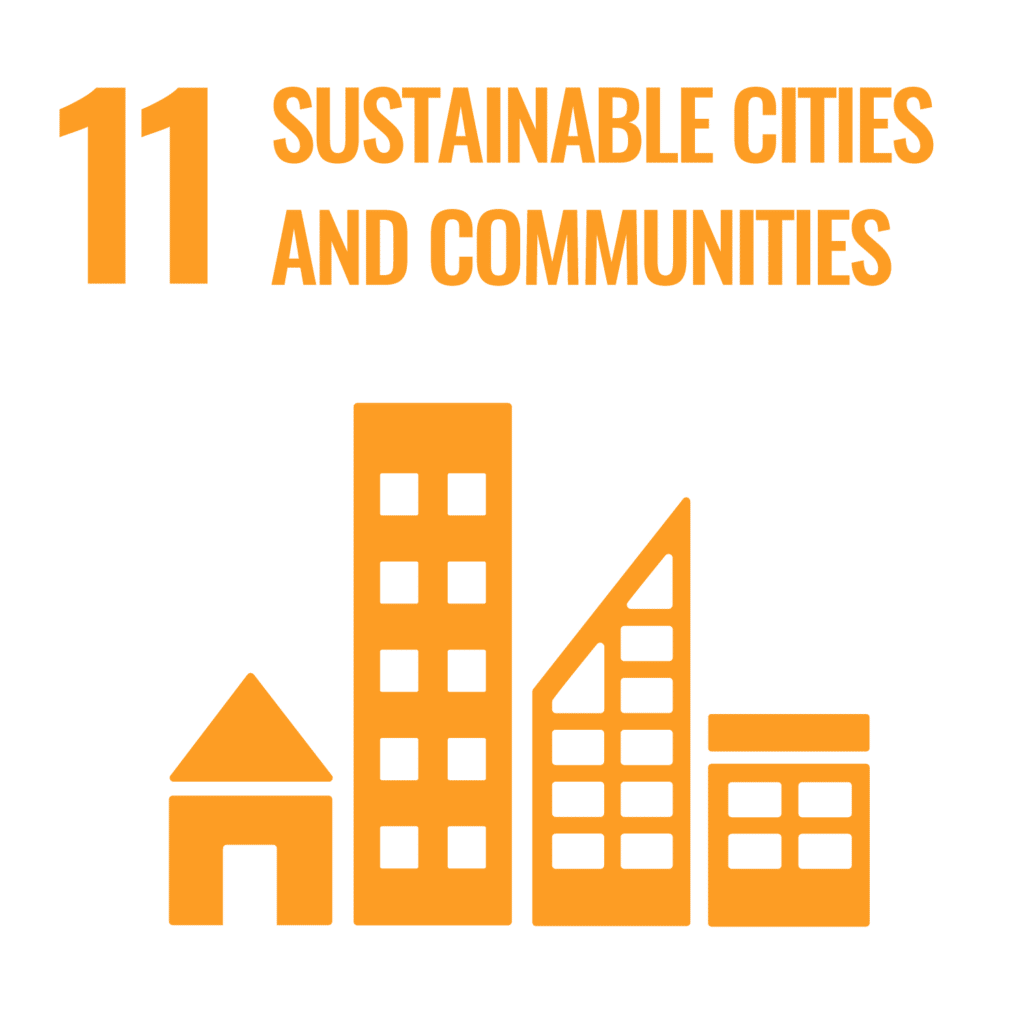
Goal 11: We will make cities and human settlements inclusive, safe, resilient and sustainable
Fibo work closely with councils and private developers in both US and UK to build both community housings and other low-cost high quality solutions. Our focus on cost-efficieny and durability makes a healthy indoor life accessible to the many.
- Our solution is 35-50% cheaper than tiles.
- The Fibo wall system reduces revenue loss due to faster completion.
- Panels can be easily replaced without having to make further adjustments such as a new base or membrane.
- The wall system is free of harmful substances, easy to maintain and lasts for decades.
- Our factory in Lyngdal is ISO 14001: 2015 certified. This is the world’s most recognized standard for environmental management.
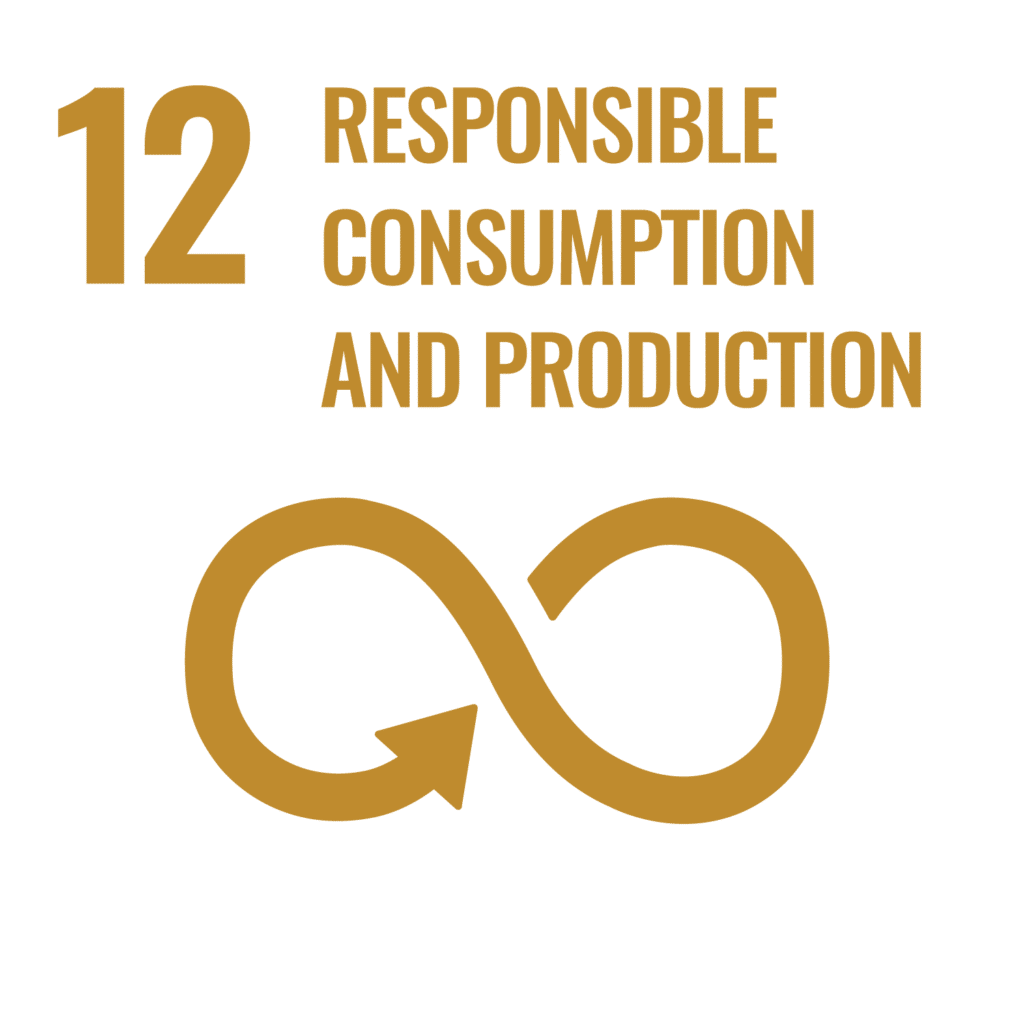
Goal 12: We will ensure sustainable consumption and production patterns
Fibo wall systems contribute significantly to lower CO2-footprints from production through distribution and installation.
- With a 50% lower weight vs tile, Fibo provides savings in transport and disposal of waste.
- During the total lifetime of Fibo, the CO2 footprint is approximately half of the CO2 footprint of a fully tiled bathroom. Applied on the wall, the CO2 footprint is 14 times less compared to tiles.
- During production, wastage is kept to a minimum as the raw materials are tailor-made to our measurements.
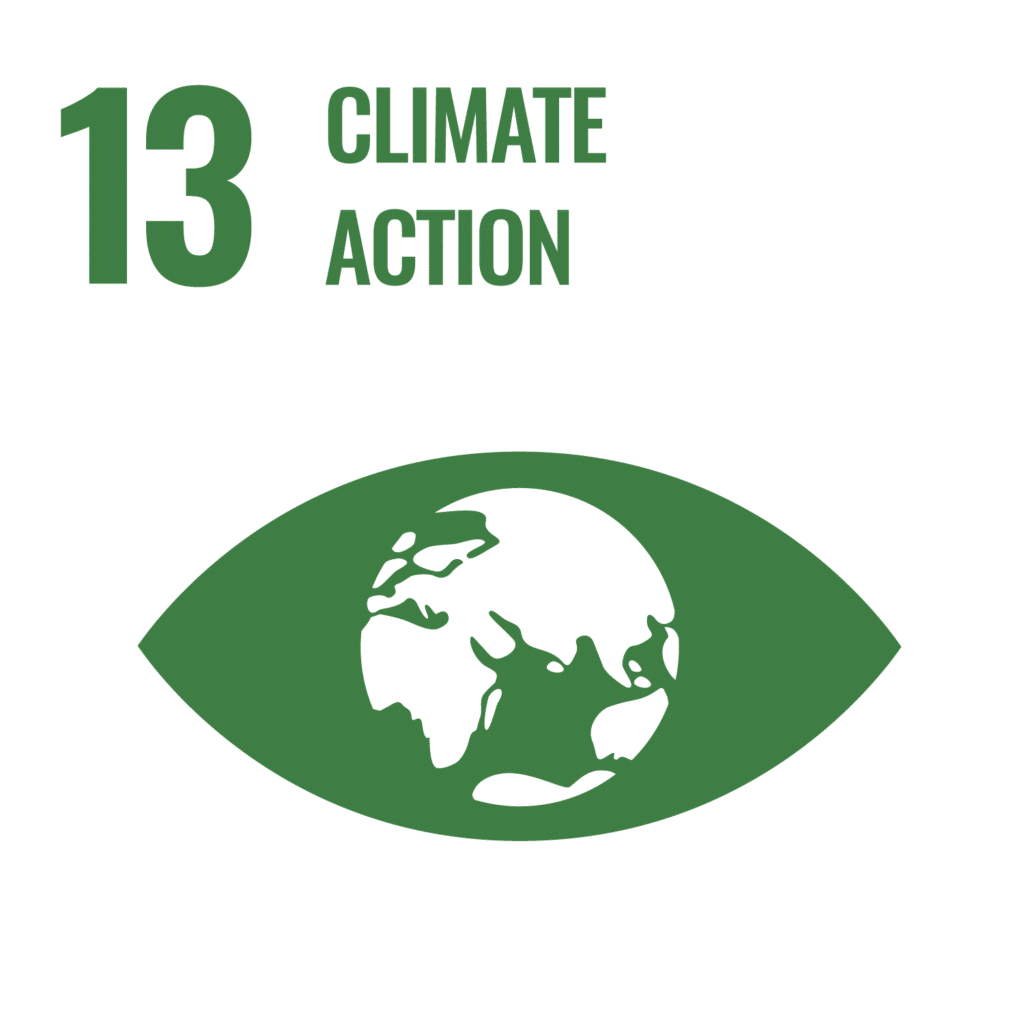
Goal 13: We will take urgent action to combat climate change and its impacts
Fibo wall solutions, with the amount of required materials needed, contributes significantly reduce to the total climate impact of new and refurbed bathrooms.
- Defined life expectancy is 20 years, but experience indicates that it lasts for decades.
- After the useful life of a bathroom, the wood-based materials will either be recycled, degraded or incinerated for energy recovery. Assuming that no part of a Fibo bathroom is recycled or re-used, the carbon that has been captured will be released once the wood is degraded.
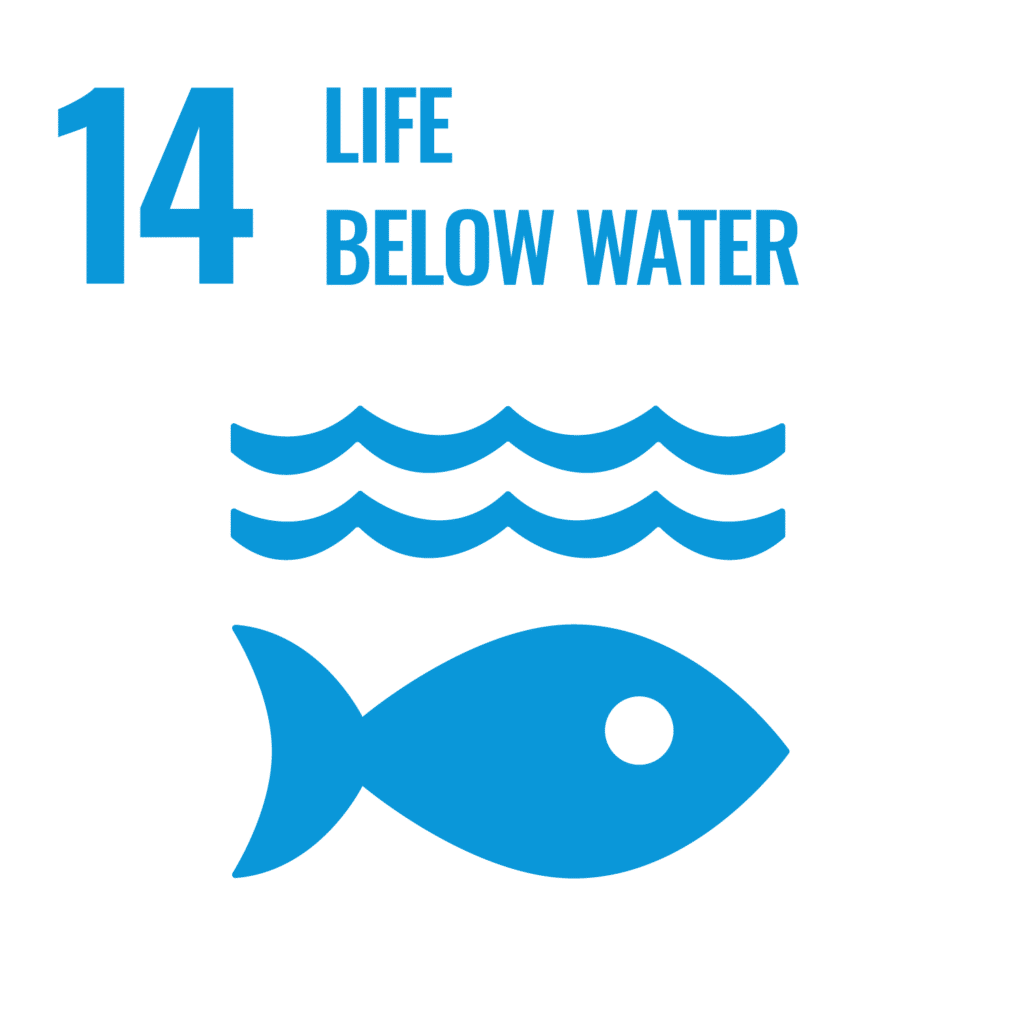
Goal 14: We will conserve and sustainably use the oceans, seas and marine resources for sustainable development
Fibo is already doing a great job of reducing wastage that ends up in the oceans. Our goal is to do away with plastic entirely in favor of more degradable and environmentally friendly materials.
- We have already halved our plastic use thanks to new packaging technology.
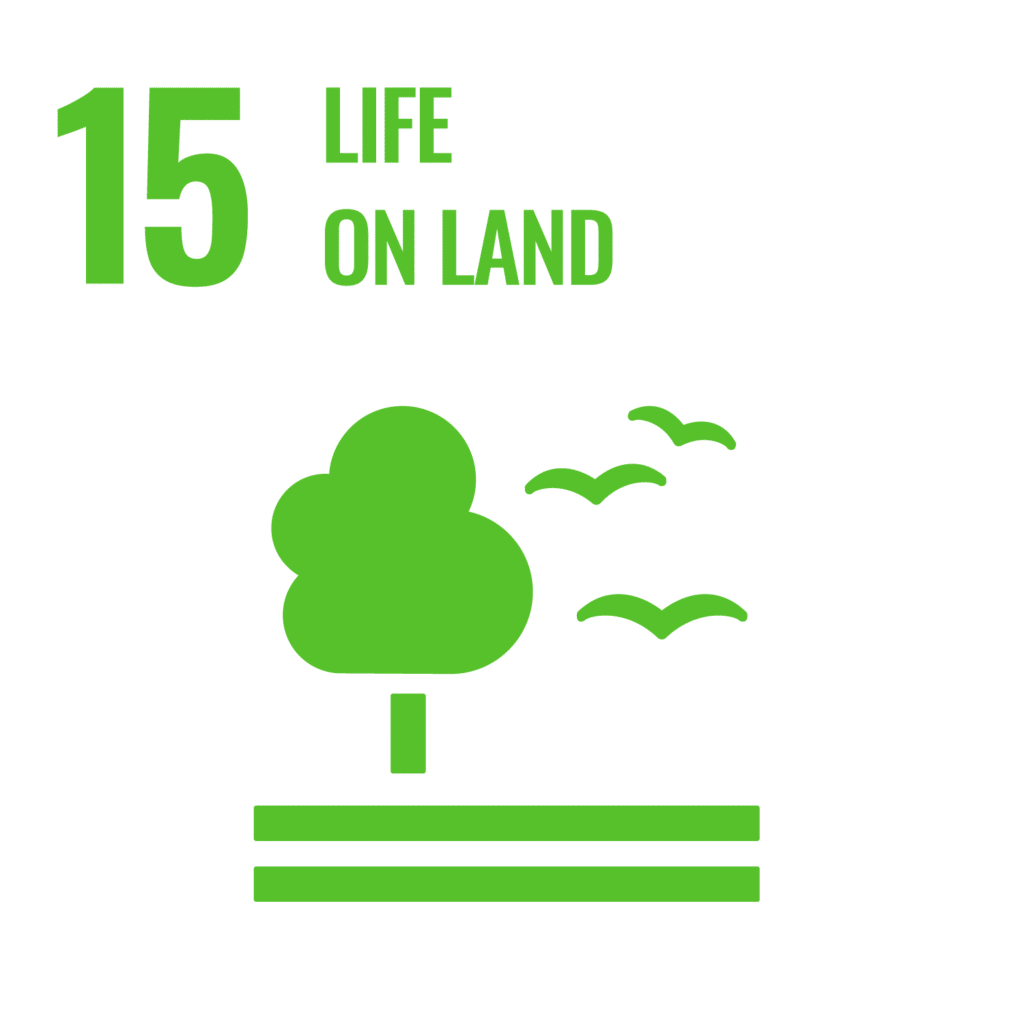
Goal 15: We will protect, restore and promote sustainable use of terrestrial ecosystems, sustainably manage forests, combat desertification, and halt and reverse land degradation and halt biodiversity loss.
Our Fibo wall system comes from certified renewable wood – with full traceability from raw material to finished product.
- As a raw material, Timber has a unique ability to capture and store carbon. In a life-cycle perspective, the production and use of Fibo panels have a significantly lower CO2-footprint compared to other materials.
- The suppliers we buy from are committed to sustainable forestry.
